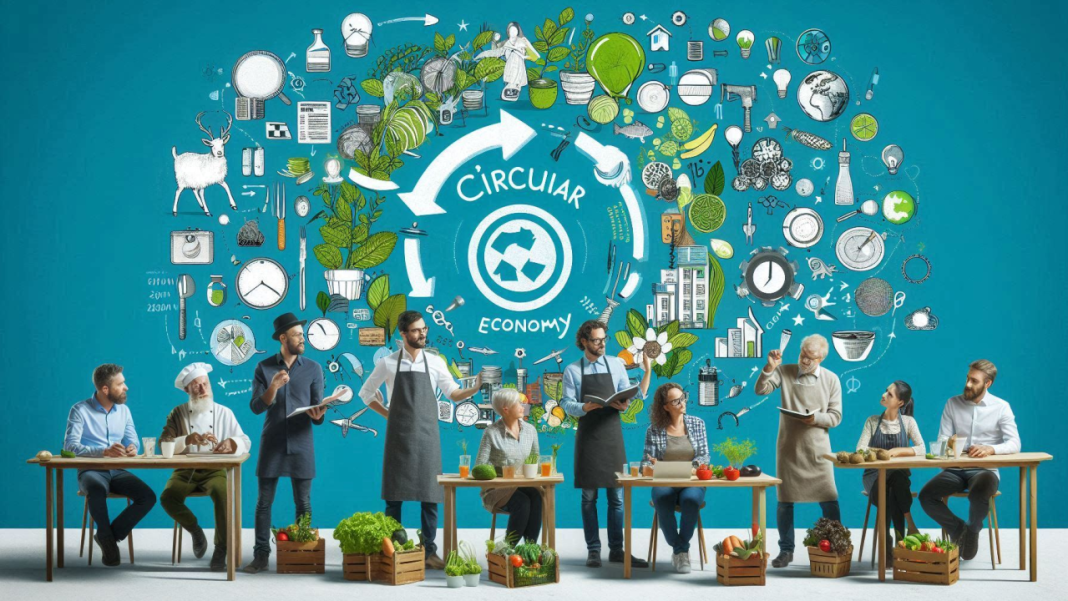The world’s resources are finite, and the traditional linear economy of “take, make, dispose” is proving unsustainable. Circular economies, which emphasize reusing, recycling, and regenerating materials, have gained traction in recent years. This article explores the fundamental principles of circular economies, starting with their origins and the growing recognition of environmental and economic challenges that necessitate this shift.
Historically, businesses operated on a linear model, prioritizing efficiency and cost-cutting over sustainability. However, the global push for environmental responsibility and the realization of resource scarcity have led to a paradigm shift. Businesses are now exploring ways to close the loop on production and consumption. Circular economy principles focus on designing out waste, keeping products and materials in use, and regenerating natural systems.
The article delves into case studies of companies successfully implementing circular models. IKEA, for instance, has launched furniture recycling programs, allowing customers to return used items for refurbishment and resale. Similarly, the electronics industry has seen innovations like the Fairphone, a modular smartphone designed for easy repair and recycling. These examples illustrate how businesses can balance profitability with environmental responsibility.
Beyond corporate initiatives, government policies and consumer behavior play crucial roles in mainstreaming circular economies. The European Union’s Circular Economy Action Plan and China’s Circular Economy Promotion Law serve as frameworks for global adoption. On the consumer side, there is a growing preference for sustainable products, which drives demand for circular business models.
The article concludes by examining the challenges and opportunities ahead. From overcoming initial costs of implementation to fostering a culture of sustainability, the road to a circular economy requires collaboration among stakeholders. However, the long-term benefits—including reduced environmental impact, cost savings, and brand loyalty—make it a worthwhile endeavor.

